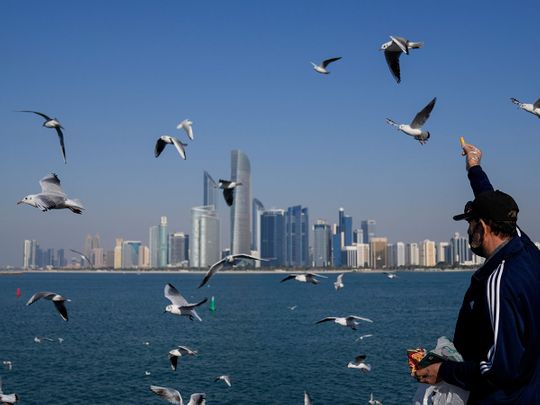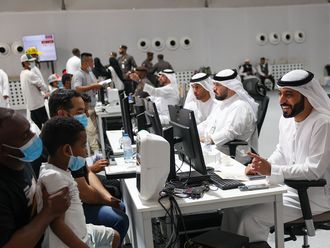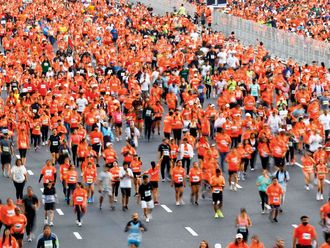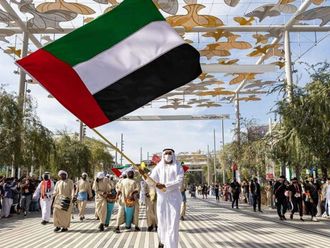
Abu Dhabi: Abu Dhabi Emergency, Crisis and Disasters Committee has approved precautionary measures for COVID-19 during Ramadan.
This Ramadan, faces masks are optional in Abu Dhabi’s outdoor areas, and meals can be distributed while donning appropriate protective gear. Certain Ramadan tents have also been licensed by the authorities to operate during the holy month.
The relaxed precautionary measures announced by the Abu Dhabi Emergency, Crisis and Disasters Committee for the COVID-19 Pandemic will make Ramadan a livelier affair for residents in the emirate.
More activities permitted
With its high rates of vaccination, the UAE has been seeing a decreasing COVID-19 caseload this year, prompting authorities to allow many Ramadan activities that were suspended since 2020.
The National Crisis, Emergencies and Disasters Management Authority (NCEMA) earlier permitted local authorities to determine exactly which measures will be applied this year, and issued guidelines for operating Ramadan tents.
As the holy month begins, here is a list of all the measures in Abu Dhabi you should be familiar with.
General measures
-Facemasks are mandatory in indoor settings. They are still optional in outdoor areas without crowds.
-Wash and sanitise hands regularly.
-Observe social distancing.
-Frequently sanitise surfaces and equipment around you.
Rituals and practices
-Only licensed Ramadan tents can operate during the holy month.
-Suitable protective equipment, like face masks and gloves, must be worn when distributing meals.
-When going to the mosque, wear a face mask, bring along a personal prayer mat and observe social distancing.
-Pay for gifts and donations using electronic means whenever possible.
-Consult a doctor before fasting if you are infected with COVID-19 or are recovering from it.
Social activities
-Use electronic means to share greetings whenever possible.
-Limit group iftar and suhour gatherings to members of the same household.
-Pay special care when at-risk people are in attendance at family and public gatherings.
-Adhere to event and venue-specific regulations when visiting markets.












